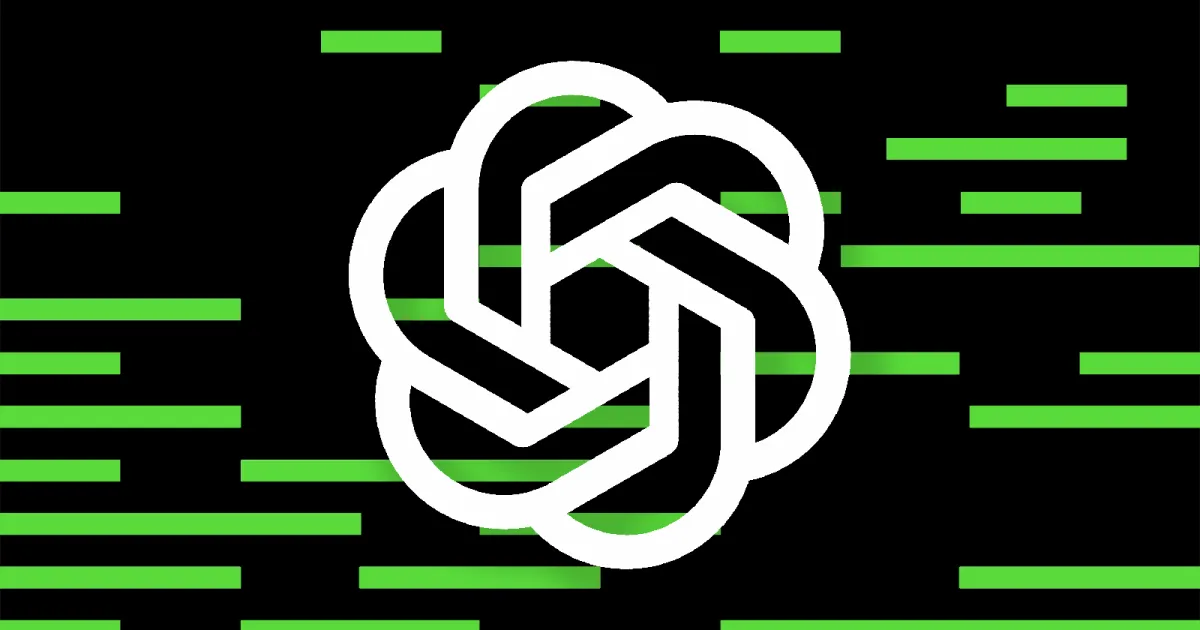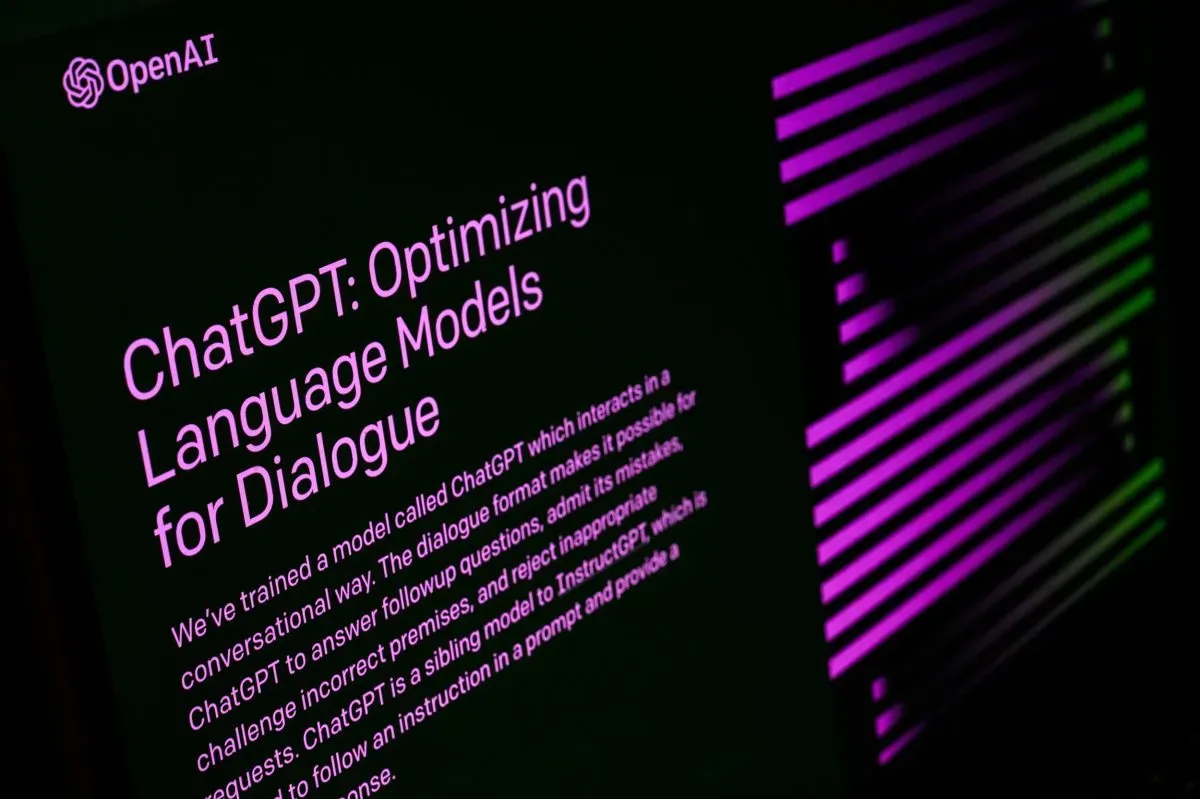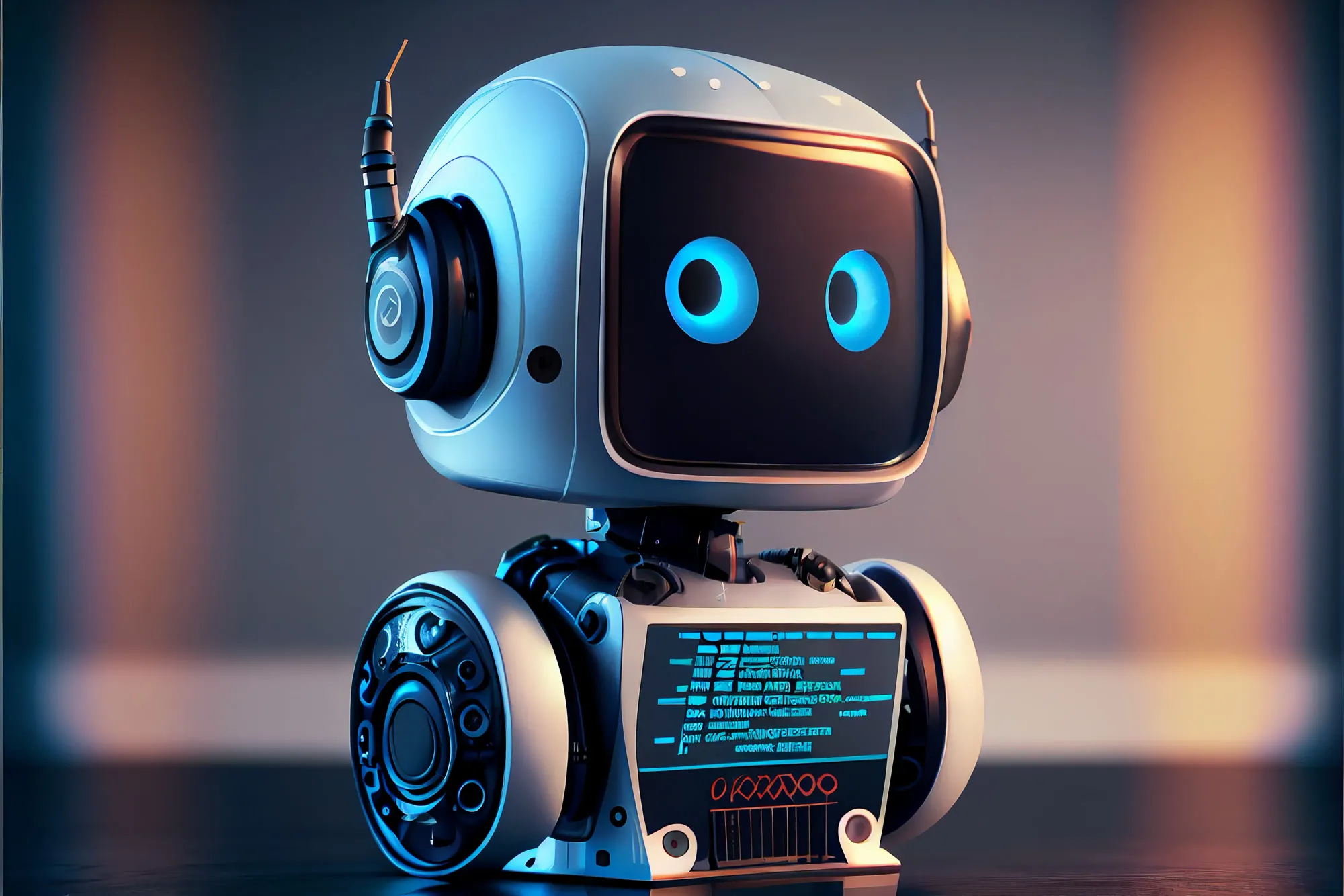OpenAI Introduces Customizable GPT Versions and a Dedicated ChatGPT Store

Customizing ChatGPT with GPTs
GPTs represent a significant leap in AI personalization, allowing users to tailor ChatGPT to specific needs and tasks without any programming skills. Just like ChatGPT, these customized versions operate through a conversational interface, but they're enhanced by user-defined instructions and knowledge, streamlining the process for specialized applications.
This innovation builds upon the custom instructions feature OpenAI introduced in July 2023. GPTs take this a step further, enabling users to amalgamate their crafted prompts and instruction sets into a singular, more efficient version of ChatGPT.
The Advantages of Crafting GPTs

Developing GPTs offers three key enhancements over the standard ChatGPT model: specialized instructions, extended knowledge base, and the capability to perform actions.
- Specialized Instructions: Standard ChatGPT is versatile in content generation and style. However, GPTs allow for more targeted responses, maintaining a consistent tone and content relevance, crucial for specific roles like marketing, role-playing for training or creative writing, and personalized tutoring.
- Extended Knowledge: GPTs can incorporate additional information beyond GPT-4 Turbo's training, by incorporating text documents. This feature significantly boosts the accuracy in specialized topics, such as providing detailed information about a specific product.
- Capability for Actions: Moving beyond text generation, GPTs mark OpenAI's foray into AI Agents. Early in 2023, prototypes like Auto-GPT, AgentGPT, and BabyAGI showcased the potential of AI Agents. GPTs bring this idea to life, exemplified by a Zapier AI Actions agent demo at the OpenAI Dev Day, demonstrating the potential for AI to interact with other software tools like calendars and messaging services.
Introducing the GPT Store

After creating a GPT, users can share their customized versions publicly. This opens opportunities for both personal and organizational uses, encouraging creativity among a wide range of users, from educators to innovators. What's more, creators will soon have the opportunity to monetize their GPTs in the GPT Store, launching later in November 2023. This platform will feature a variety of categories, spotlighting different creations and offering revenue opportunities based on user engagement.
GPTs for Developers and Business Use

For advanced users, GPTs offer enhanced connectivity with external data sources and APIs, allowing for more sophisticated custom actions and integrations. Similarly, enterprise-level customers can develop GPTs for internal use, with a strong focus on security, especially when handling proprietary data.
Privacy Considerations with GPTs

OpenAI assures that privacy is a priority, with strict policies ensuring that chats aren't shared with GPT builders and giving users control over data sharing with APIs. GPT builders also have the choice to use or not use user chats for model training and improvement.
Reflecting on OpenAI's Development Day
This event marked a significant milestone in AI personalization and accessibility. The introduction of GPTs and the imminent launch of the GPT Store promise a new era of customized AI experiences, greatly expanding the potential applications of AI technology.
Concluding Thoughts: Embracing a New Era of Personalized AI
As we stand at the cusp of this exciting new phase in AI development, it's hard not to feel a sense of awe at how far we've come. The introduction of GPTs by OpenAI isn't just a technological advancement; it's a doorway to endless possibilities where creativity meets artificial intelligence. The beauty of this innovation lies in its accessibility – it's not just for tech wizards or corporate giants, but for anyone with a spark of curiosity and a desire to explore the potentials of AI.
The upcoming GPT Store is set to become a vibrant marketplace of ideas, where individual creativity can flourish and be shared. It's a place where teachers, hobbyists, entrepreneurs, and dreamers can not only showcase their unique AI applications but also find recognition and even financial reward for their ingenuity.
What excites me the most is the democratization of AI that GPTs represent. This technology breaks down complex barriers, making it easier for people from all walks of life to tailor AI to their needs and visions. Whether it's a custom chatbot for a small business, a learning aid for students, or a creative assistant for writers and artists, the possibilities are as diverse as the users themselves.
As we look forward to the rollout of the GPT Store and the continued evolution of GPTs, one thing is clear: the future of AI is not just about machines getting smarter, but about people becoming more empowered to harness this intelligence in ways that resonate with their individual needs and dreams.
In embracing this new era of personalized AI, we're not just witnessing a technological revolution; we're participating in it, shaping it with our ideas and aspirations. It's a journey that's as human as it gets, fueled by our innate desire to innovate, connect, and create. So, here's to the future – a future where AI is not just a tool in our hands, but a canvas for our imagination.